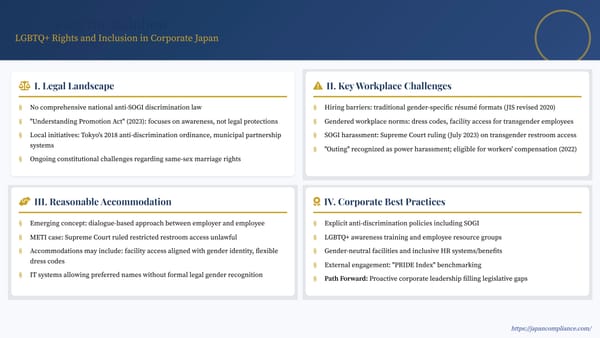TL;DR
US tech firms licensing patents in Japan must grasp (1) the legal split between exclusive (sen'yo) and ordinary (tsūjō) license rights, (2) antitrust limits on royalties, exclusivity and grant-backs under the Antimonopoly Act, and (3) contract drafting points—scope, sublicensing, tax, and post-expiry payments—so agreements
